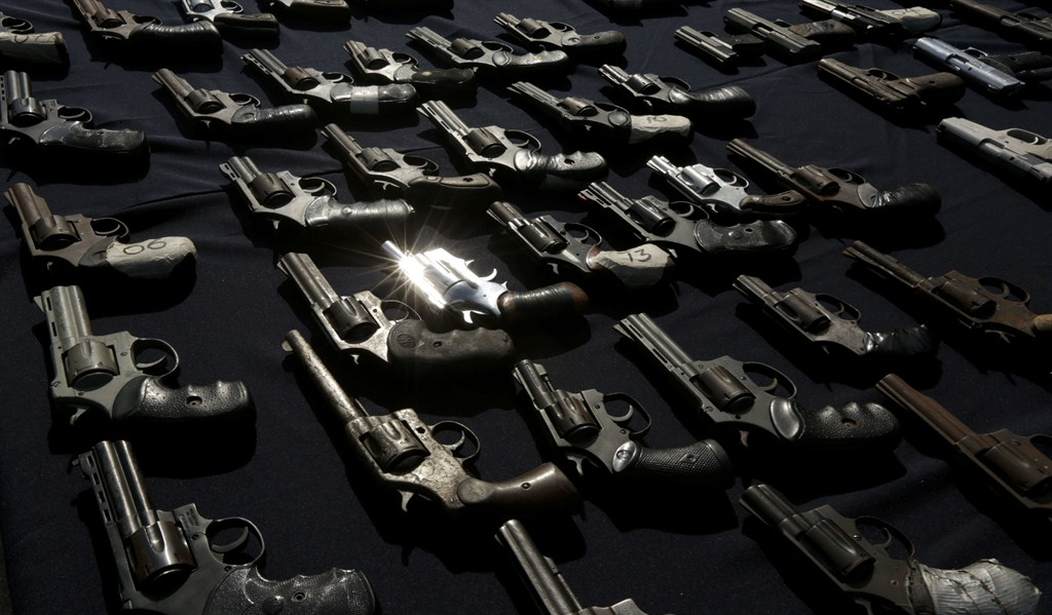Since we first learned of the horror that took place in Thousand Oaks, op-eds have flowed claiming that it’s time to restrict the private ownership of guns.
Sites like Bearing Arms and others focused on the Second Amendment are asking just how in the hell this could happen if gun control was so magically efficient?
Now, it seems at least one op-ed is bringing up that same question.
The killing of 12 innocent people by a deranged gunman in a California nightclub has provided fertile soil for the usual cast of gun control opportunists and political ambulance chasers. What few people seem to be asking is how could such an atrocity occur in a state with such strict gun laws?
California has a 10-day waiting period on handgun purchases, which it also limits to one handgun per month. It prohibits private sales and requires a background check on every firearms purchase. It regulates ammo sales.
It prohibits regular capacity magazines. It discourages concealed carry by the law-abiding by making permits virtually impossible to obtain. California also vigorously tracks and disarms those convicted of a crime and others it considers “dangerous.”
Despite all of these obstacles, the gunman was able to legally purchase his handgun and carry out the murder of 12 other people. How exactly would more restrictions have helped anyone?
Again, it’s a fair question. It’s one that gun grabbers would do well to at least think of an answer for because it will come up in debates on the topic.
The author, Bryan Hyde, understands pretty well that people who call for gun control in the wake of these things aren’t thinking rationally.
The reason so many decent folks tend to buy into this authoritarian mythology is that shocking acts of mass violence tend to short-circuit our emotions and our ability to think rationally. That means we’re more likely to make choices in an attempt to feel better rather than carefully considering whether we’re actually affecting positive change.
Aaron Pomerantz, a graduate student in social psychology at the University of Oklahoma, has written a worthwhile essay on “The Four Things Everyone Gets Wrong About Mass Violence.”
Among the responses Pomerantz identifies are the tendency to engage in emotional decision-making, which limits our capacity to see alternatives or to recognize flaws in our plans. We also tend to oversimplify and assign simple causes for actions that are often the result of highly complex societal and psychological issues.
He explains the availability heuristic which persuades us to believe that shocking events like mass shootings or shark attacks are happening more frequently than they actually are. When the media and political class talk about these things as if they were a daily occurrence – which they are not – we fallaciously believe that the authorities are right to take extreme action.
He’s not wrong, either. As someone who has been there, I can say with some authority that he’s right. Grief bypasses the more rational parts of your mind. It makes you desperately want someone to “do something.”
Unfortunately for everyone, that’s just not how it works. “Doing something” rarely produces good results, especially when it comes to guns.
And it’s good to see at least one op-ed from a source not explicitly to the right politically calling out that kind of thinking, too.








Join the conversation as a VIP Member